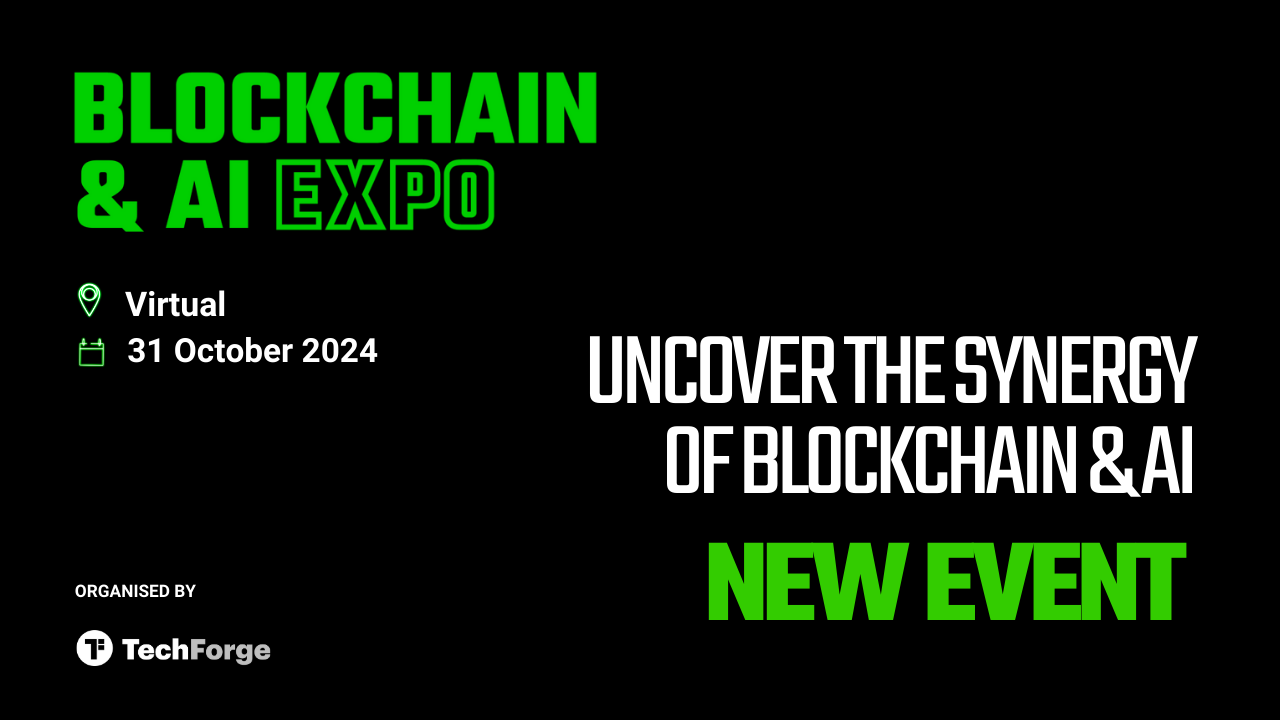Machine learning (ML) has emerged as a powerful tool in the realm of quantitative finance, revolutionizing how financial institutions manage data and make decisions. From September 16th to 18th, 2024, Amsterdam, The Netherlands, played host to a groundbreaking conference delving into the intersection of ML and quantitative finance. The event promised an immersive exploration of cutting-edge techniques and solutions, alongside discussions on prevalent issues and priorities within the industry.
Key Highlights of the Conference
- Advancements in Machine Learning
One of the key highlights of the conference is the exploration of generative AI, offering insights into its promising future and practical applications within quantitative finance. Attendees will gain valuable knowledge on maximizing the value extracted from datasets, understanding the nuances of LLMs (Language and Logic Models), leveraging alternative data sources, and adopting effective approaches to stay ahead of the competition.
2. Deep Dive Sessions
Participants will have the opportunity to engage in deep dive sessions covering a range of topics, including regulatory compliance, sustainability, and the potential impact of quantum computing. These sessions should foster lively debates, encouraging diverse perspectives and facilitating knowledge sharing among industry professionals.
3. Post-Conference Workshops
Attendees can further enhance their understanding through specialized workshops following the conference. These workshops offer practical insights into enhancing risk management frameworks for ML in quantitative finance, addressing future challenges such as risk assessment, workflow streamlining, data securitization, and privacy concerns.
4. Promising Visions of Generative A.I
There will be a dedicated session on Generative A.I to showcase its transformative potential in theory and practice. Attendees get to explore techniques such as adversarial networks, autoregressive models, and transformer-based models, gaining a deeper understanding of how these technologies can optimize decision-making processes in quantitative finance.
Conclusion
The conference has its unique approach, shaped by extensive research and collaboration with industry experts. By cutting through the noise and focusing on the most critical content, the conference will deliver actionable strategies that attendees could implement within their businesses. The ultimate goal is to provide tangible value, empower attendees to drive innovation and enhance their competitive edge in the ever-evolving landscape of quantitative finance.
In conclusion, the Amsterdam conference is a catalyst for innovation, bringing together thought leaders, practitioners, and researchers to explore the limitless possibilities of machine learning in quantitative finance.
See also: Microsoft Cuts 1,500 Cloud Jobs Amid OpenAI Expansion

















